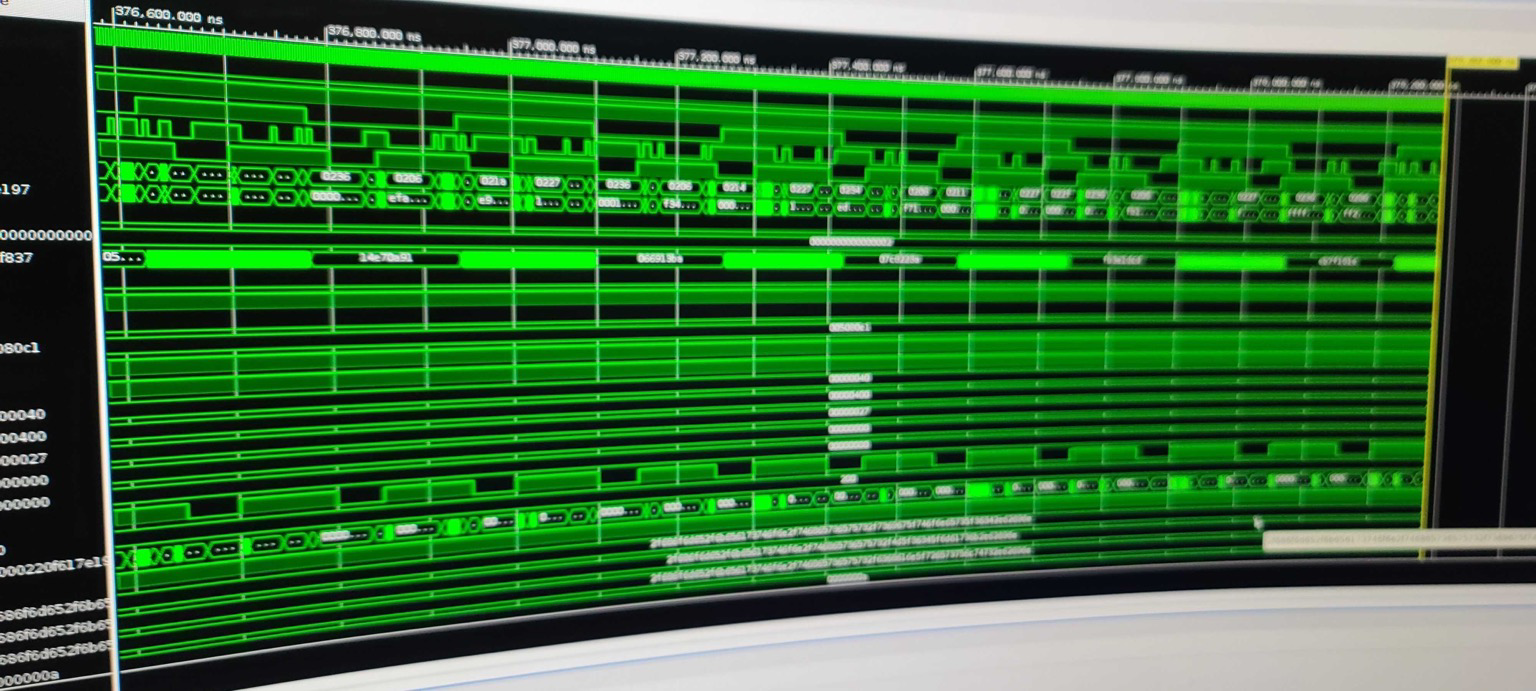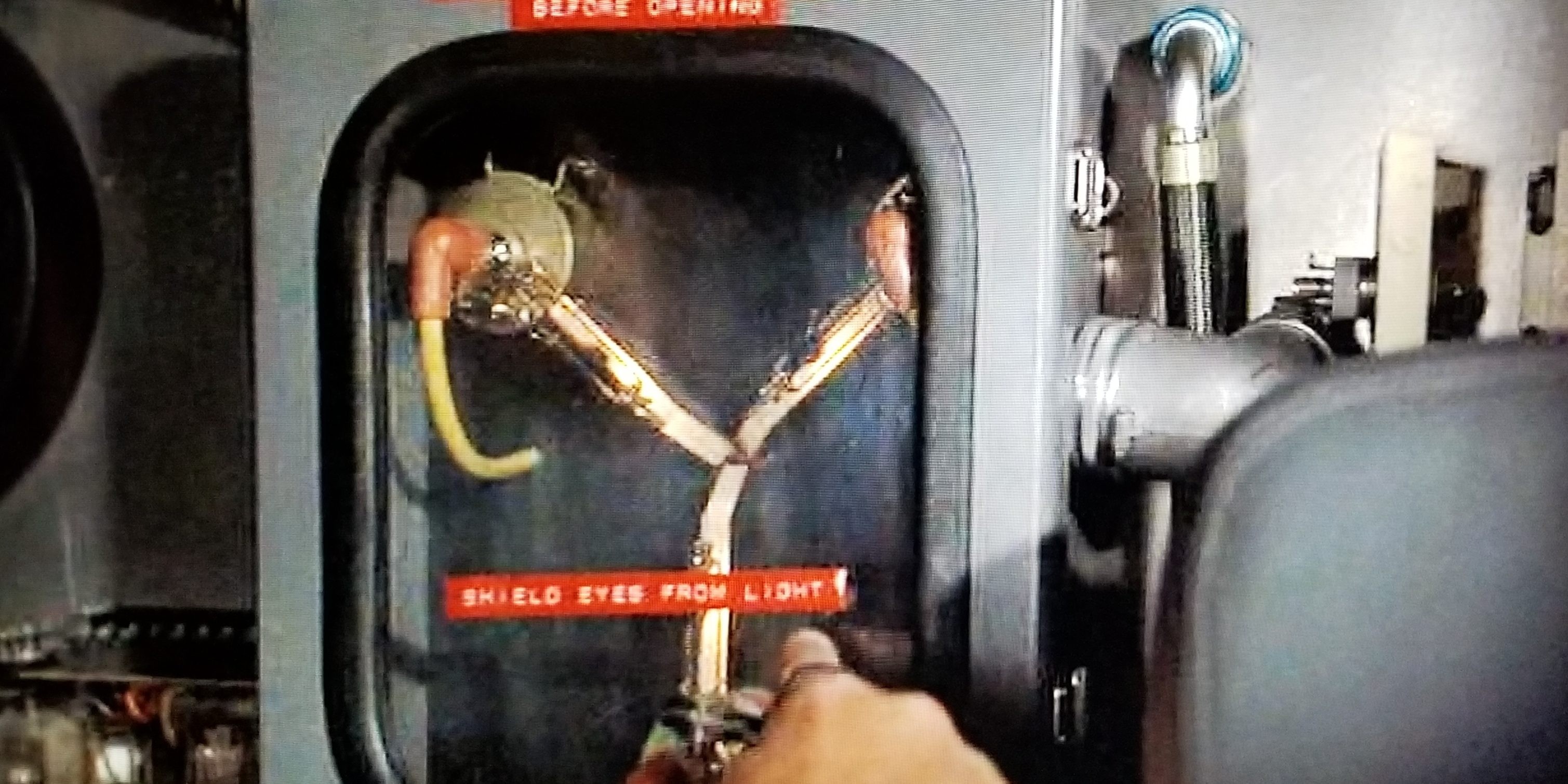Posts
549Following
496Followers
409📡 https://w7txt.net/
🐧 https://blog.namei.org/
☠️ https://www.facebook.com/w7txt
bluca
bluca@fosstodon.orgICYMI: we've recently done some work on the #systemd documentation rendered on freedesktop.org, and now all manpages have a drop-down menu to select the release version to visualize. Also individual options are now tagged with the version they were first introduced in. These improvements should hopefully help readers with understanding what options are available in what version.
Example: https://www.freedesktop.org/software/systemd/man/255/systemd.exec.html
Lennart Poettering
pid_eins@mastodon.socialHere's a little new project of mine:
https://github.com/poettering/diskomator
It's an mkosi-built OS-in-a-single-EFI-binary whose only job is to expose all local disks via NVMe-TCP. You can write it to an USB stick, or drop it in your ESP, and if you boot it, all block devices are exposed to the network. The suggested command line to connect to this disk is shown on screen.
This makes use of the systemd-storagetm service we added for systemd v255, as well as the `esp` output added in mkosi v19.
J.C. KC8JC 📻
KC8JC@mastodon.radioMastodon Ham Radio culture is amazing.
I am following 4 active threads about REALLY INTERESTING STUFF. On top of that, I see insightful commentary that makes me think about the hobby and how I enjoy it.
This is a great place to hang out. Thanks for making it great!
Yeah...YOU!
James Morris
jmorrishttps://lpc.events/event/17/contributions/1515/
James Morris
jmorrisAbraxas3d W5NYV
abraxas3d@mastodon.radioTestbench passing for #polyphase channelizer for #Haifuraiya, an #opensource #HEO or #GEO communications #satellite design. Applicable to #hamradio, 5 GHz uplink and 10 GHz downlink. Shown is the transponder receiver filter.
If you’d like to join this or any other @OpenResearchIns project, get in touch.
James Bottomley
jejb@mastodon.online@linuxplumbersconf Youtube Live Stream URLs are now available on the Schedule Overview page (https://lpc.events/event/17/timetable/#all).
Find the track you want and click the paperclip on the upper right corner to bring up the Live Stream Link
Space Telescope Science Inst.
spacetelescope@astrodon.social#NASAWebb + the Hubble Space Telescope = gold! This image of galaxy cluster MACS0416 combines visible and infrared light to create one of the most colorful views of the universe. Astronomers have unearthed some nuggets of science, too: https://webbtelescope.pub/3txHQx4
James Morris
jmorrisKees Cook (old account)
kees@fosstodon.orgToday is the anniversary of the launch of the #Linux #Kernel Self-Protection Project (2015), and the invention of the Flux Capacitor (1955):
https://lore.kernel.org/kernel-hardening/CAGXu5jJ3FgxXK9WuOLRwnEq=y4dS+CTm+WQBxWe3sYZ7e9p6Gg@mail.gmail.com/
James Morris
jmorrisConclusion: I'm pretty sure that engagement on RF/Microwave/Amateur Radio is better here now, and also that there are many more bots on X than real people. I also suspect that followers on X are not seeing much from regular users. Infosec seems reasonably strong in the Fediverse.
There is still a lack of critical mass here in many areas, which is unfortunate. X is close to dead for normal people, but many are still primarily or only present there.
I'm not seeing anything worthwhile on bsky or threads.
What are others seeing re. social media trends? Are blogs making a comeback?
merlin / alex glow
alexglow@chaos.socialOn this week's #HacksterCafe , I interview Emma Fletcher – cofounder of Learn to Solder Kits and Evergreen Support, which helps small #hardware businesses succeed. (Plus, we went to high school together!)
Drop your questions in the chat on Tuesday (today) at 10am Pacific – or catch the replay: https://www.youtube.com/watch?v=9MZUTTGfq7w&list=PLsRBa4uXjihZwcYrwwuPhsYxWtFwMBqDF&index=1
Christian Brauner 🦊🐺
brauner@mastodon.socialPaul Moore
securepaul@fosstodon.orgThe Linux v6.7 merge window has been open for a few days now, here are the SELinux and audit highlights:
https://paul-moore.com/blog/d/2023/11/linux_v67_merge_window.html
Lennart Poettering
pid_eins@mastodon.socialSo we merged this → https://github.com/systemd/systemd/pull/28891 into systemd today. I like to believe that this is a major step towards closing the "TPM gap" we have on Linux toward other OSes. It can automatically generate an automatic TPM2 PCR policy from various inputs covering the PCRs that generally are hard to predict by the OS vendor, i.e. things like local firmware versions, extension cards and so on. It stores this in an NV index in the TPM. Things like LUKS can then be locked against that NV index.
James Morris
jmorrisNetdev Conf
netdevconf@fosstodon.orgReminder, the big day starts Monday 8:30. You can still join remotely! @netdev01 0x17 https://netdevconf.info/0x17/pages/sessions.html #netdevconf
James Morris
jmorrisRE: https://universeodon.com/users/breakingtaps/statuses/111319264146509283










